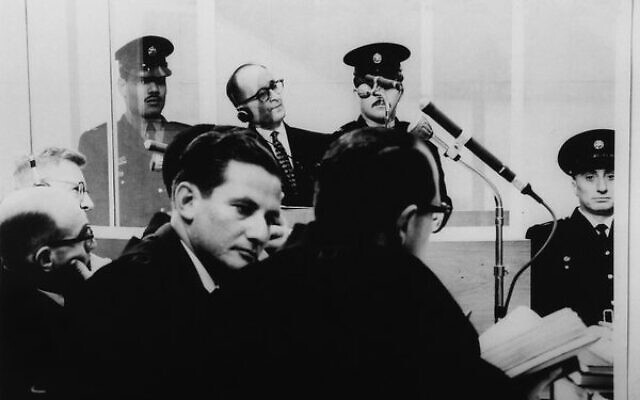Hannah Arendt’s political and cultural legacy
"From the viewpoint of our legal institutions and of our moral standards of judgment, this normality was much more terrifying than all the atrocities put together."
The Melbourne Holocaust Museum (MHM) is set to host a panel discussion on the political and cultural legacy of Hannah Arendt, the celebrated historian and political philosopher.
The event, to be held on May 22, will mark the 60th anniversary of the publication of her controversial book, Eichmann in Jerusalem: A Report on the Banality of Evil, which explored the trial of Nazi official Adolf Eichmann.
Arendt’s coverage of the trial ignited discussions that have continued long after her death. To what degree was Eichmann – as an individual – responsible for the Final Solution? How does one judge the crime of genocide? Can one do evil without being evil?
The panel will seek to delve deeper into Arendt’s theory that Eichmann ”commit[ted] crimes under circumstances that made it well-nigh impossible for him to know or to feel that he [was] doing wrong”.
The late Arendt was quoted as saying, “The trouble with Eichmann was precisely that so many were like him, and that the many were neither perverted nor sadistic, that they were, and still are, terribly and terrifyingly normal.
“From the viewpoint of our legal institutions and of our moral standards of judgment, this normality was much more terrifying than all the atrocities put together.”
Among the experts participating in the discussion is Lucy Benjamin, a postdoctoral researcher at the Melbourne School of Design, University of Melbourne. Benjamin has a PhD in comparative literature from the University of London and has extensively studied the planetary thinking of Hannah Arendt, which is the topic of her forthcoming book.
According to Benjamin, Arendt believed that participating in a democratic society was not a right to be taken for granted but a responsibility that must be meaningfully assumed.
“For Arendt, this meant learning to love the world in such a way that we would save it from ruin and welcome the coming of future generations.
“As we witness the reality of climate crisis and confront the ways in which we are made complicit in the violence of planetary degradation, we would do well to reflect on how we have succeeded – or not – in responding to this task,” said Benjamin.
The panel discussion will also feature Andrew Dean and Miguel Vatter from Deakin University, who will also be discussing the impact of Eichmann in Jerusalem, and exploring Arendt’s political and cultural legacy.
The panel will be held in Elsternwick on May 22 at 7pm. Tickets can be purchased on the MHM website: https://mhm.org.au/events or by calling (03) 9528 1985.


comments